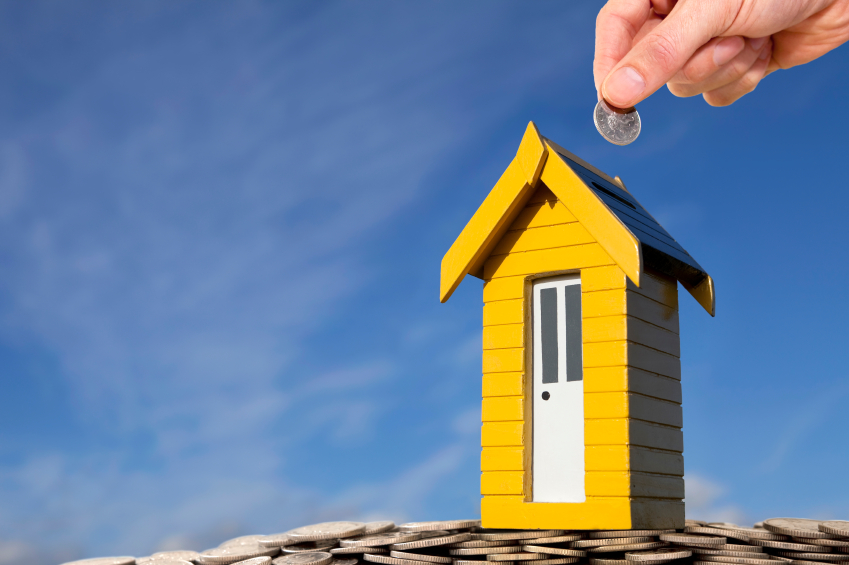Is Investing In Property Really A Good Pension Plan?
Bank of England chief economist Andy Haldane has opened a debate on property v pensions with some controversial comments about investing.
He argues that while Britain has a housing crisis with too few homes, prices will keep rising and outpace traditional pension investments such as shares and bonds. But looking at stellar price growth is just one side of the property investment coin.
So here are some points to consider when investing in property:
· Can you afford to buy?
More and more investors are turning to crowdfunding buy to let investment to become instant landlords because the cost of buying rises with house prices. Lenders will want at least a 20% deposit to finance a buy to let or second home with a mortgage.
· Crowdfunding property investment
Crowdfunding means no deposit and less cash can buy more property, but the investment is not safeguarded with consumer protection and the market is yet to see what happens if a crowdfunder goes to the wall. Just look at the ban on cashing in on property funds that have tied up billions of pounds of investor money since the Brexit vote.
· Property is tough to sell
Financial experts will point out property is illiquid. Money staked on shares, bonds or funds can generally be realised in days, but property can take weeks or months to go through conveyancing. One of the basic rules of investing is to diversify and not to tie every penny available in a single asset.
· Don’t forget tax
Property can come with rich rewards but also attracts tax – income tax on rental profits and capital gains tax on disposals. These can quickly drain profits or gains.
· Who pays the running costs?
Whether crowdfunding or owning direct, that attractive gross yield is not the end of the story. The net yield after deducting business expense and running costs is the true bottom line. The home will not have tenants all the time and someone has to shell out for repairs and day-to-day expenses while a property is empty – and that someone is the owner.
Some of those profits have to be diverted into a fighting fund to pay these bills or landlords have to find them out of their own pockets.
· Do some sums
Shifting cash from a pension into property triggers tax on withdrawing the money and ends fund growth. Work out if this strategy is cost-effective and how long property ownership is needed to break even. Undoubtedly property can provide some lucrative profits for some landlords, but do not forget the hidden costs of investing before ploughing cash into buy to let.

